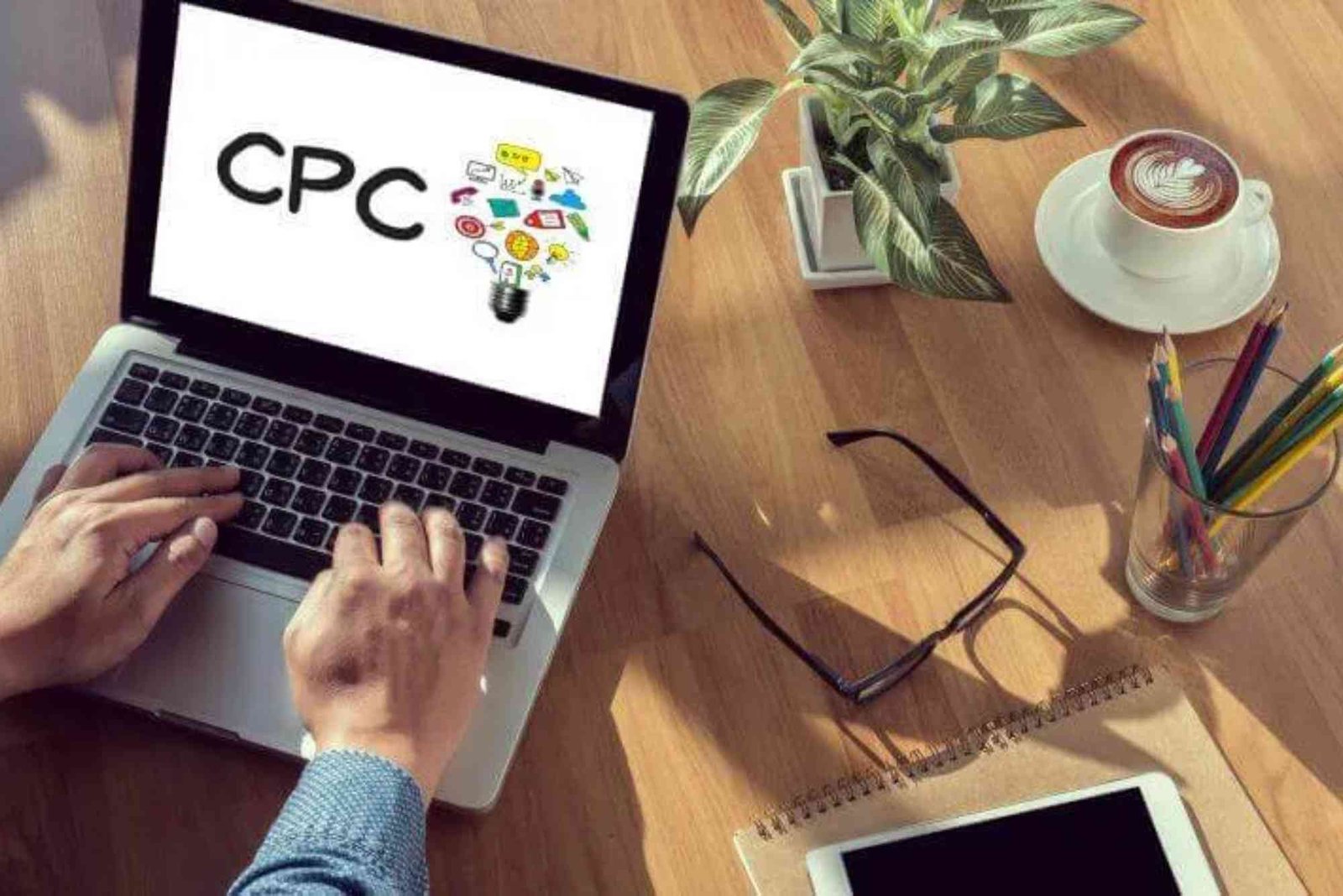What Is CPC In Digital Marketing
In the fast-paced world of online advertising, understanding key metrics is crucial. One of the most important metrics is CPC. If you are wondering What Is CPC In Digital Marketing, you are in the right place. CPC, or Cost Per Click, is a payment model where advertisers pay only when a user clicks on their ad. This model has become a cornerstone of digital marketing, helping businesses manage budgets while driving targeted traffic.
CPC is widely used in platforms like Google Ads, Facebook Ads, and other pay-per-click (PPC) networks. It offers precision, measurable results, and the ability to optimize campaigns for maximum return on investment (ROI).
How CPC Works
Definition of CPC
CPC stands for Cost Per Click. It’s the amount an advertiser pays each time someone clicks on their ad. Unlike impressions, which only measure visibility, CPC ensures you pay only for actual engagement.
How CPC Is Calculated
CPC is calculated using a simple formula:
Cost Per Click = Total Cost of Ad Campaign ÷ Number of Clicks
For example, if you spend $200 and receive 100 clicks, your CPC is $2. This calculation helps advertisers determine ad efficiency and budget allocation.
CPC vs CPM
While CPC charges per click, CPM (Cost Per Mille) charges per 1,000 impressions. CPC is ideal for direct response campaigns where clicks lead to conversions. CPM is better for brand awareness campaigns. Understanding this difference helps in choosing the right strategy for your goals.
Importance of CPC in Digital Marketing
Cost Efficiency
CPC allows businesses to spend only when someone interacts with the ad. Learn more This reduces wasted budget on uninterested audiences and increases ROI.
Targeted Traffic
Platforms offering CPC let you target audiences based on demographics, interests, and behavior. This ensures clicks come from people genuinely interested in your product or service.
Performance Measurement
CPC is measurable and trackable. By analyzing CPC along with click-through rates (CTR) and conversion rates, marketers can evaluate campaign effectiveness.
Factors Influencing CPC
Industry Competition
Highly competitive industries often have higher CPC rates. For example, finance and insurance sectors typically have higher costs due to competition.
Ad Quality
Ad relevance, quality score, and user experience affect CPC. Well-designed ads with strong copy tend to lower CPC because platforms reward quality ads.
Target Audience
Geographic location, device targeting, and audience demographics can influence CPC. Related Marketing & Advertising article Ads targeting high-value audiences may cost more but often deliver better results.
Strategies to Lower CPC
Improve Ad Quality
Optimize headlines, descriptions, and visuals. High-quality ads receive better engagement, reducing CPC over time.
Use Long-Tail Keywords
Long-tail keywords are less competitive and highly specific. They attract motivated users and reduce average CPC.
A/B Testing
Test multiple ad variations to identify the highest-performing ad. Optimizing continuously can lower CPC and increase ROI.
Audience Segmentation
Targeting the right segments avoids spending on uninterested users. This precise targeting helps reduce CPC effectively.
CPC in Different Digital Marketing Platforms
Google Ads
Google Ads operates primarily on a CPC model. Ads appear on search results and partner websites, and advertisers pay only when users click.
Facebook Ads
Facebook also uses CPC for campaign objectives like traffic and conversion. Advanced targeting options help optimize CPC based on audience engagement.
Other PPC Networks
LinkedIn, Twitter, and Instagram offer CPC-based campaigns. These platforms provide audience-specific targeting, allowing for cost-effective advertising.
Benefits of Understanding CPC
Budget Control
Knowing your CPC helps in forecasting campaign expenses and avoiding overspending.
ROI Optimization
Tracking CPC alongside conversions ensures each click contributes to revenue.
Campaign Improvement
Analyzing CPC trends allows marketers to refine campaigns, optimize ads, and improve overall performance.
Common Misconceptions About CPC
Higher CPC Means Better Results
A high CPC does not guarantee better results. Performance depends on targeting, ad quality, and landing page experience.
CPC Is Fixed
CPC varies depending on competition, seasonality, and ad quality. Regular monitoring and adjustment are essential.
Only Small Businesses Use CPC
CPC is used by businesses of all sizes. Even large corporations leverage CPC campaigns to drive targeted traffic and conversions.
Understanding What Is CPC In Digital Marketing is essential for anyone looking to run effective online advertising campaigns. CPC provides measurable, cost-effective solutions to drive targeted traffic and improve ROI. By optimizing ad quality, targeting, and testing strategies, you can maximize the impact of your digital marketing efforts.
Take control of your advertising today, analyze your CPC, and see how smarter spending can lead to better results. If you want to dive deeper into digital advertising strategies, check out our Related Marketing & Advertising article and Learn more about effective CPC campaigns.
FAQ
What is a good CPC in digital marketing?
A good CPC depends on your industry, campaign goals, and competition. Typically, $1–$2 per click is standard for many sectors.
How does CPC affect ROI?
Lower CPC with high-quality clicks improves ROI. Tracking conversions alongside CPC helps measure campaign profitability.
Is CPC better than CPM?
CPC is better for direct response campaigns, while CPM is ideal for brand awareness. Choosing depends on marketing objectives.
How can I reduce my CPC?
Improve ad quality, target the right audience, use long-tail keywords, and perform A/B testing to lower CPC.
Where is CPC used in digital marketing?
CPC is used in Google Ads, Facebook Ads, LinkedIn Ads, and other PPC platforms where advertisers pay per click.







